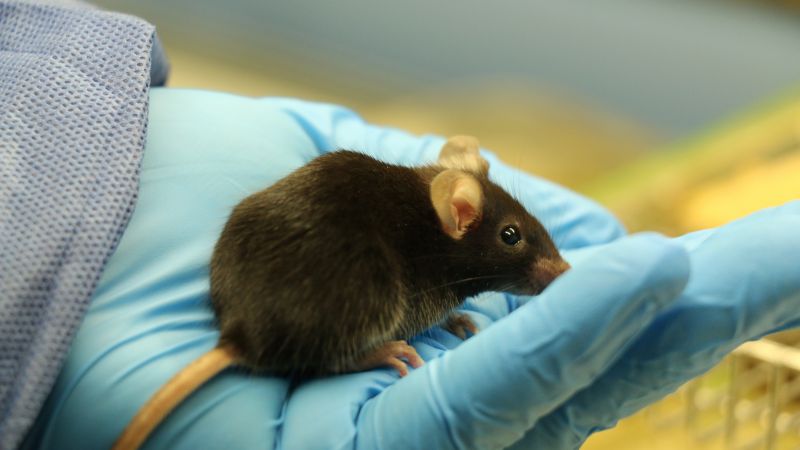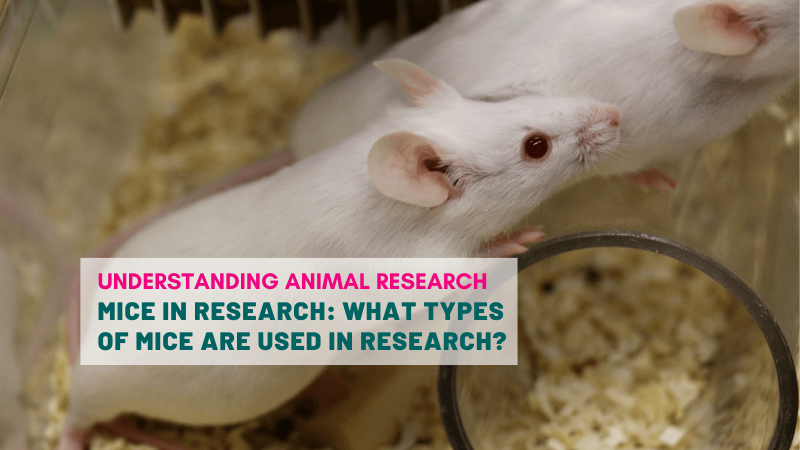Researchers have found a way of preventing cell death caused by plaques in the brains of mice. By 'rebooting' protein production in the cells, neural networks were rescued and mouse lifespan was increased. The work has uncovered fundamental processes that appear to be involved in diseases such as Alzheimer’s, Parkinson’s and mad cow disease.
These neurodegenerative diseases are at least partly caused by the build up of unfolded and insoluble proteins that form tangled plaques inside neurons. In response, the cell turns off all protein production leading to loss of neurotransmission and cell death. Halting protein production appears to be the role of a molecule called eIF2α-P, which is raised in the cells of patients with Alzheimer’s and Parkinson’s.
In this new research scientists used a second molecule called GADD34 to inactivate eIF2α-P and reboot protein production. A virus was used to deliver extra GADD34 to the brains of mice genetically engineered to develop plaques. The treatment halted any further degeneration in the mice. Post mortems showed that brain connections lost in untreated mice remained healthy, and normal protein production had resumed even though the protein tangles continued to accumulate. The treatment slightly extended the lifespan of the treated mice too. On average they died after 90 days. Untreated mice died after 83 days on average.
The cause of cell death in neurodegenerative diseases is very poorly understood and there could be multiple mechanisms involved. This work sheds new light on one of the possible causes and will help scientists as they investigate the underlying biology of these very common and devastating diseases.
See also our pages on Alzheimer's disease, Parkinson's disease
Last edited: 26 October 2022 18:08




